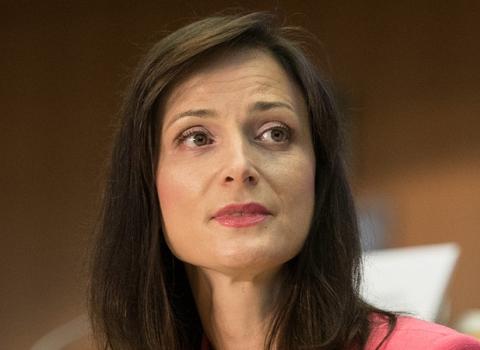The PATH Malaria Vaccine Initiative (MVI) agreed a collaboration with the Dutch biotech Crucell and the pharmaceutical company GlaxoSmithKline to develop a second-generation malaria vaccine that combines two vaccines MVI has developed with each company individually.
This new project will involve a clinical trial in which the GSK vaccine and the Crucell vaccine are administered in combination, in an attempt to increase the immune response. The trial will be the first human clinical study to test such a “heterologous prime-boost” approach against malaria.“We are at an important moment in malaria vaccine development,” said Christian Loucq, director of MVI.
“This new collaboration, though in the early stages, gives us the opportunity to test an approach with the potential to substantially increase efficacy and move us closer to the internationally agreed upon goal of an 80 per cent effective second-generation vaccine by 2025.”
The GSK product that will be used in the trial has been developed over a decade-long collaboration between GSK and MVI. It is currently in the middle of late-stage Phase III studies as a stand-alone vaccine, and if this trial is positive, the vaccine could be available by 2015.
MVI subsequently began working with Crucell in 2007 to develop a malaria vaccine, using a weakened form of adenovirus, the virus that causes the common cold, to deliver a malaria antigen.
In preclinical studies, the combination of the two vaccines to be evaluated under the new MVI-GSK-Crucell collaboration has shown enhanced immunogenicity when compared to either vaccine candidate given alone.
The PATH Malaria Vaccine Initiative was set up in 1999 through an initial grant from the Bill & Melinda Gates Foundation, to accelerate the development of malaria vaccines and make them available in the developing world. PATH itself is an international non- profit organisation that collaborates with public and private sector partners to improve healthcare.




 A unique international forum for public research organisations and companies to connect their external engagement with strategic interests around their R&D system.
A unique international forum for public research organisations and companies to connect their external engagement with strategic interests around their R&D system.